
By Osei KUFUOR
Every nation has its mirror. For Ghana, that mirror is increasingly our roads and what we see reflected is worrying. A once-proud driving culture, rooted in patience and courtesy, is fast deteriorating into chaos. Today, driving in Ghana has become a perilous venture marked by indiscipline, lawlessness, and a blatant disregard for the rules that preserve life.
A nation at the crossroads
Across Ghana, it is no longer unusual to witness drivers disregarding basic traffic etiquette. At roundabouts, where the law is clear that vehicles already circulating have the right of way, motorists now force their entry without yielding. The result is predictable: congestion, blaring horns, and sometimes collisions that could easily have been avoided.
Highways tell a similar story. Vehicles joining from side roads often do so without caution, darting into speeding lanes and compelling other motorists to brake suddenly. On major routes such as the Accra–Kumasi and Tema–Aflao highways, slow-moving trucks and commercial vehicles stubbornly occupy inner lanes meant for overtaking. This behaviour, aside from violating basic lane discipline, endangers lives by encouraging dangerous overtaking from the right.
Then there are the motorcyclists, the most visible embodiment of our road crisis. Many weave recklessly between lanes, run red lights, and even mount pavements to bypass traffic. Helmet use is sporadic, number plates are sometimes concealed, and basic traffic signals are often ignored entirely. The cumulative effect of these behaviours is not only disorder but death.
The human cost of indiscipline
The statistics are chilling. According to data from the National Road Safety Authority (NRSA), Ghana recorded over 7,000 road crashes in the first half of 2025, resulting in nearly 1,600 fatalities and more than 8,000 injuries. Motorcycle crashes alone account for a growing share of these deaths.
Behind these numbers lie human tragedies. In February this year, three lives were lost including a mother and her son at Odumasi Ohene Nkwanta on the Accra–Kumasi Highway when a speeding vehicle attempted a wrongful overtaking manoeuvre.
In another case at Gomoa Mprumen Junction on the Winneba–Mankesim stretch, a reckless U-turn involving a Sprinter bus and a pickup truck left twenty-five people injured. These are not isolated events; they are daily occurrences that speak to a wider national problem, the collapse of discipline on our roads.
The law is clear
Ghana’s legal framework on road conduct is robust. The Road Traffic Act, 2004 (Act 683) and the Road Traffic Regulations, 2012 (L.I. 2180) set out clear expectations for drivers. Section 1 of Act 683 defines dangerous driving as an offence, with severe penalties, including imprisonment, when it results in injury or death. Regulation 106 of L.I. 2180 also spells out the rules of the road covering yielding, lane discipline, overtaking, and compliance with traffic signals.
Yet, these laws are flouted daily. At many intersections, traffic lights are treated as mere suggestions. Drivers of heavy trucks ignore lane markings. Motorcyclists disregard helmet mandates. Enforcement remains inconsistent, and where it exists, it is often undermined by bribery. The law is not the problem; the culture of impunity is.
A reflection of a deeper malaise
What we see on Ghana’s roads reflects something deeper than traffic mismanagement. It is the symptom of a broader social erosion and the abandonment of civic responsibility. When a driver speeds past a red light because “no police officer is watching,” that act says more about our collective disregard for law and order than about the state of our roads.
We cannot continue to treat traffic offences as minor inconveniences. Every reckless overtaking manoeuvre, every ignored signal, and every helmetless rider represents a potential tragedy in waiting. The time has come for both citizens and institutions to reclaim Ghana’s roads from this creeping culture of chaos.
Restoring sanity: What must be done
To restore order and decency to our roads, strong and deliberate action is required:
- Automated Enforcement:
The Ghana Police Service’s Motor Traffic and Transport Department (MTTD) must expedite the rollout of automated enforcement systems, such as traffic cameras and speed detectors. These systems, once fully operational, will reduce corruption and ensure that violators face swift penalties. - Visible and consistent policing:
Enforcement must be relentless and impartial. High-risk zones, including roundabouts, major intersections, and highway entry points, should have frequent patrols. Drivers must come to expect that indiscipline carries real consequences. - Driver re-education:
The National Road Safety Authority (NRSA) and Driver and Vehicle Licensing Authority (DVLA) should intensify public education campaigns on road etiquette, right of way, and lane discipline. Radio and television messages must shift from occasional reminders to sustained national advocacy. - Licensing reforms:
The current licensing regime needs cleansing. It must be impossible to obtain a driver’s licence without passing a genuine theoretical and practical test. This calls for strict supervision of DVLA offices and sanctions against officials who enable shortcuts. - Motorcycle regulation:
Motorcycle lanes should be considered in dense urban areas. Helmet laws must be strictly enforced, and unregistered motorbikes should be removed from the roads. The police must treat these violations as serious threats to public safety and not minor infractions. Our neighbours in Togo do this perfectly. - Infrastructure and maintenance:
Faded road line markings, malfunctioning traffic lights, and poor road signage create confusion. Government agencies must ensure roads are properly marked, intersections well-lit, and roundabouts clearly directed to facilitate orderly flow.
A matter of national honour
Driving discipline is not a trivial issue; it reflects our national character. A society that normalises recklessness on its roads is one that undermines its own moral foundation. The carnage on our highways is not inevitable, it is preventable.
As road safety advocates have long maintained, road safety is everyone’s responsibility. It requires consistent enforcement from authorities, civic obedience from motorists, and genuine reform from licensing institutions. Every Ghanaian who sits behind a steering wheel or straddles a motorbike carries a moral duty to protect not just their life, but the lives of others.
Let us reclaim our roads, not through words, but through action. Let us remember that every act of patience, every respectful yield, and every observance of a red light is a small victory for civility. Ghana’s driving culture can be redeemed, but only if we decide that enough is enough.
The writer is the Executive Director, Safe Roads Foundation)
The post Reclaiming sanity on our roads appeared first on The Business & Financial Times.
Read Full Story


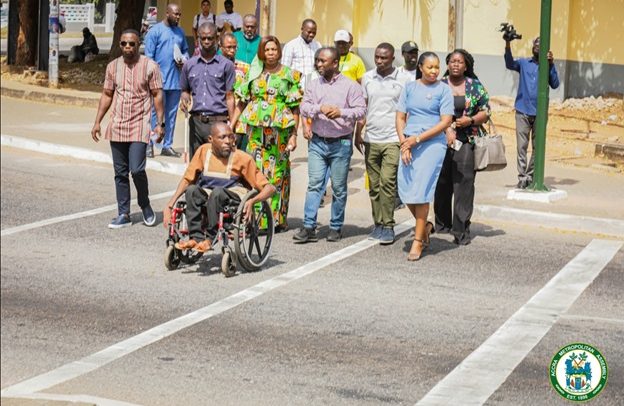

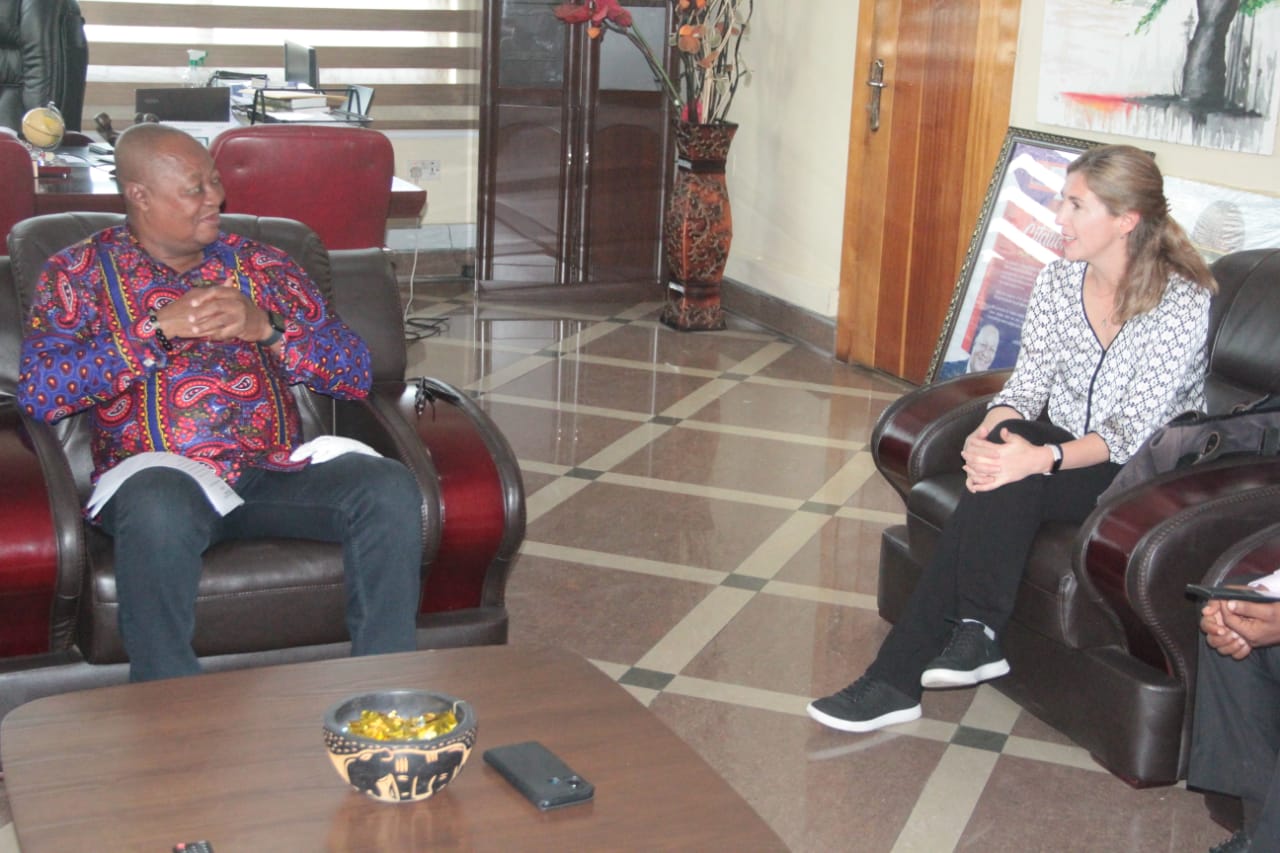


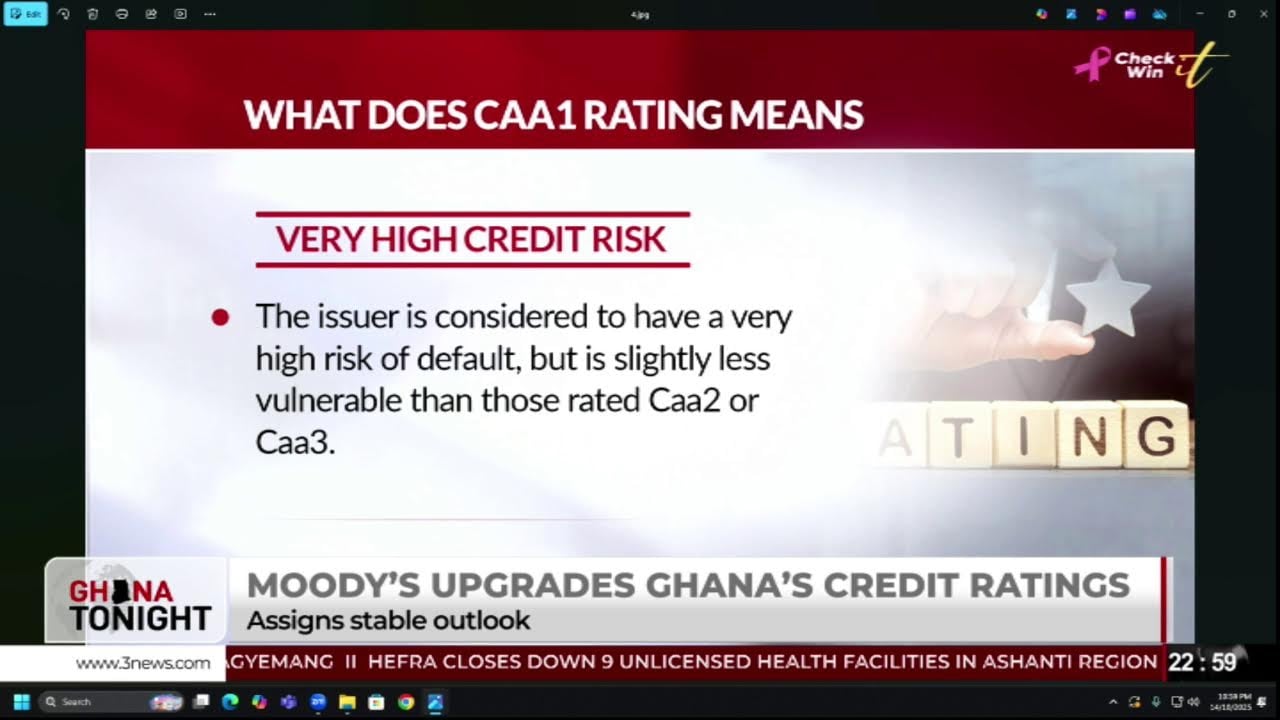




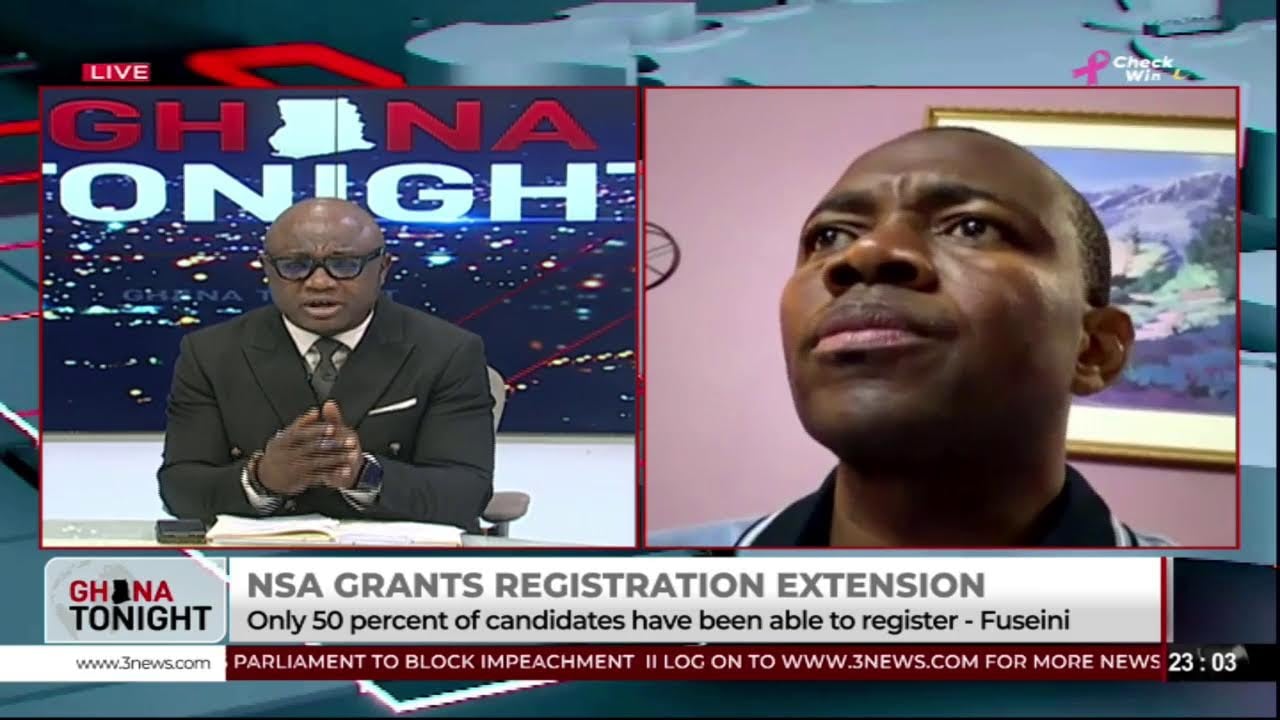

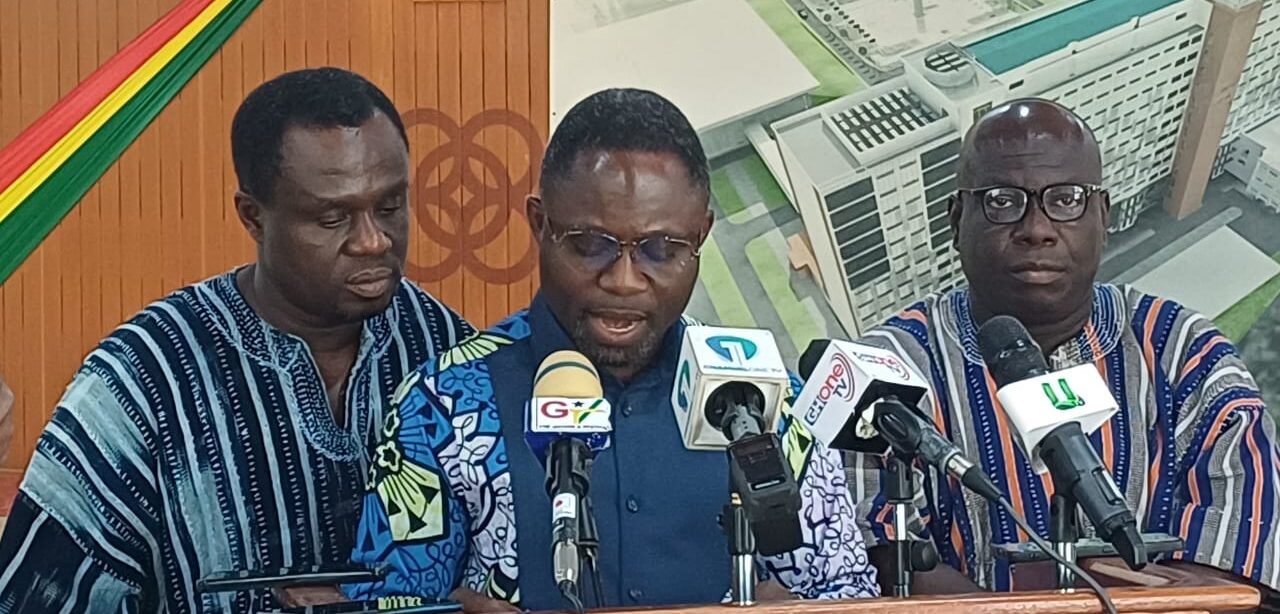
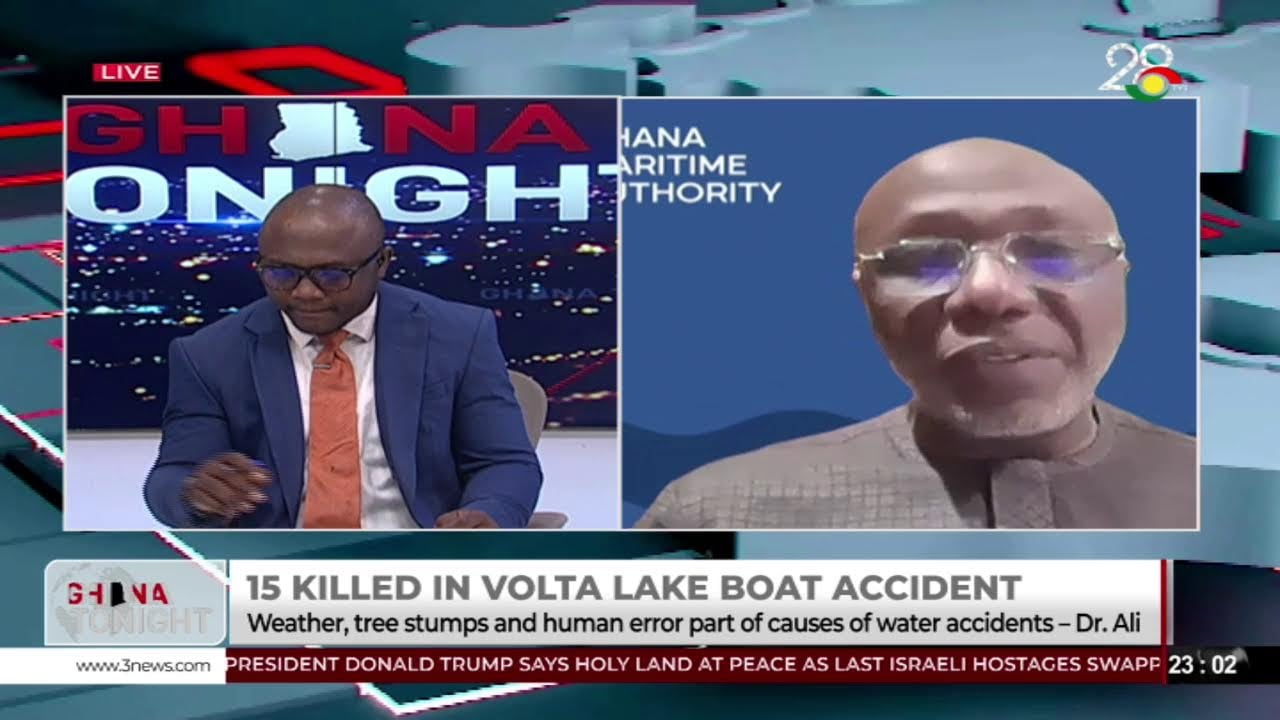










Facebook
Twitter
Pinterest
Instagram
Google+
YouTube
LinkedIn
RSS